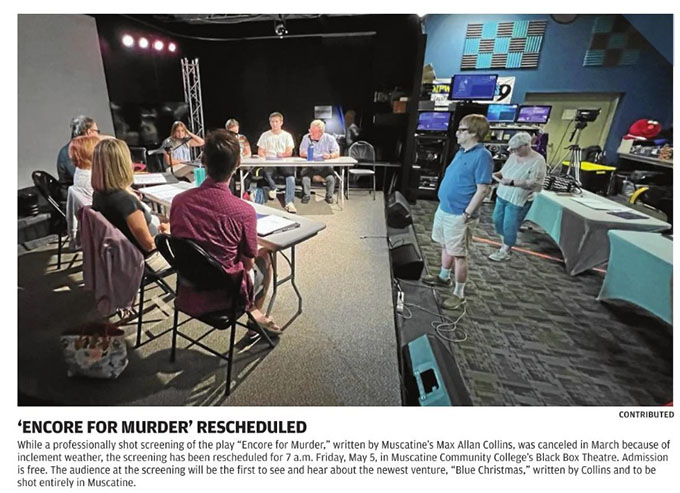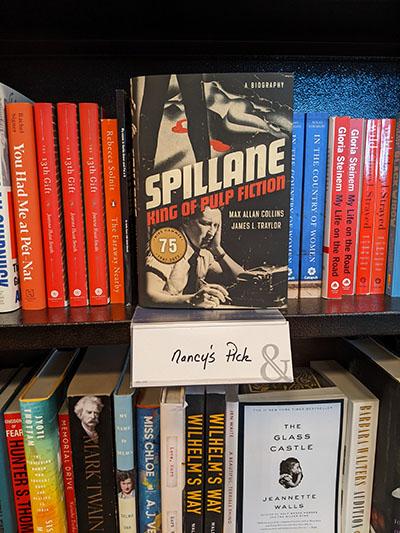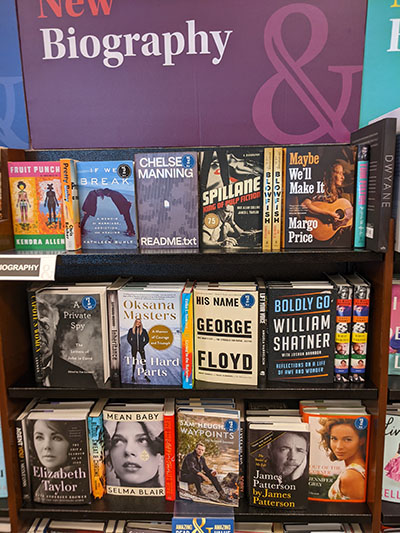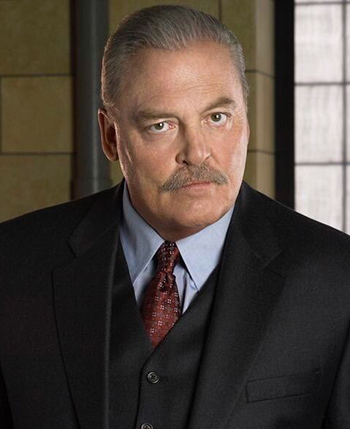We have about a month and a half to raise $5000 for our movie of Blue Christmas (we’re at $550 as I write this). It’s your opportunity to help us make a good little film, and to see your name on screen – being thanked, or even given a claim to fame as an Associate Producer or (if you’re flush and really want to pep up your resumé) Executive Producer.
Physical media-type perks have not been offered, but I’m going to give the nice folks who drop by here an opportunity that isn’t part of the Indiegogo page. If you contribute $25 to $500 range, write me at macphilms@hotmail.com and include a list of books by me that you are lacking in your M.A.C. collection…hard to find, out of print, and/or pricey stuff. I’ll do my best to send you something, signed (personalized if you like) from that list. If I can’t comply, we’ll discuss other options via e-mail. Don’t ask for first editions of True Detective, True Crime, Stolen Away (hardcover), or the original trade edition of Road to Perdition unless you are going in at the Associate Producer level (a few pages of original art from Ms. Tree, Wild Dog and Mike Danger would be available at that level). If you’re interested in being an Executive Producer, we’ll talk.
Associate Producers and of course any Executive Producer will be able to arrange a visit to the set.
Again, this offer is not being mentioned on the Indiegogo page. This is for readers of the F.O.M.A.C. blog.
As I’ve mentioned before, there is a Plan A and Plan B for Blue Christmas. Plan A will require our receiving a grant from Produce Iowa’s Greenlight competition. Chad Bishop has put together a presentation for us that is absolutely outstanding, but the competition is considerable. Reaching the goal in the Indiegogo campaign will help us come up with the necessary matching funds, should we prevail.
If we are not a recipient of funds from Iowa’s Greenlight competition, we will go forward with Plan B: a play version of Blue Christmas, which would be produced live and recorded much as we did Encore for Murder, only with full-on pre-production (Encore’s shooting as very much a last-minute decision, based upon what we felt was emerging as a strong production, thanks to a strong local cast and a wonderful guest performance from Gary Sandy).
For those of you in (or near) Eastern Iowa, we are presenting the premiere of the movie version of Encore for Murder on May 5 (having postponed it due to weather). The info accompanies the photo here.

Courtesy Muscatine Journal
[Correction: The time is 7pm, not 7am. There will be no breakfast showing of Encore for Murder.]
Speaking of Encore, we have delivered it and the new expanded edition of my documentary Mike Hammer’s Mickey Spillane to VCI Home Entertainment. With Phil Dingeldein backing me up, I recorded a commentary for the documentary (which now runs 61 minutes) at TAG (the ad agency affiliated with dphilms).
I am not doing a commentary for Encore because it’s being presented (I think appropriately) as a bonus feature with the documentary. The new approximately fifteen minutes of footage that Phil and I shot as a wraparound for the doc brings it up to date, including Mickey’s passing and the efforts to bring his unpublished material to completion and publication. It also includes interview footage with Encore actors (Gary Sandy discusses playing Mike Hammer) which provides me an opportunity in the commentary to explain the circumstances of the production of the Golden Age Radio-style play as a fundraiser for our (Muscatine, Iowa’s) local art museum. Essentially, this sets up the bonus feature.
Please note that, in our Indiegogo effort to raise 5K for Blue Christmas, we are not going after a s**t-load of money. I have designed the screenplay to be shot on a bare bones budget, though I think without compromising the material.
Compare this to the kind of money that Riff Trax (God bless ‘em) raises just to lambast somebody else’s movie (half a million bucks on their current one, and we’re seeking a “mere” five thousand).
Imagine me pleading with giant kitty eyes and see if your heartstrings (and pocket book) aren’t touched.
Blue Christmas is, frankly, an experiment to see if I’m up to directing a film, starting out with this low-budget affair that is designed not to be a challenging shoot in terms of locations, stunts, length of shoot, etc. I had assumed, after my heart and cancer surgeries – and the continuing medications that have followed them – that my movie-making days were over…that my contribution to film would be relegated to providing source material by way of my prose and comics work, and by the occasional screenplay.
But the “instant movie” that was the stage production of Encore for Murder got my filmic juices flowing again. Blue Christmas is designed in part to see what I am capable of at this ripe old age. My health, for someone with so much wrong with me, appears to be pretty damn good.
So we shall see, as they say, what we shall see.
Remember how I whined a few weeks ago about my lack of support at the Cedar Rapids, Iowa, Barnes & Noble? A return visit found one (count ‘em, one) copy of The Big Bundle available, no copies of Spillane – King of Pulp Fiction, but a nice display of some Nolan Hard Case Crime titles.
The Davenport Barnes & Noble, however, is giving me stellar support, as these photographs indicate. No need to whine here.


Here’s a nice review of Kisses of Death, the Nathan Heller short story collection from some time ago. These stories were rearranged with additional ones in two volumes from Thomas & Mercer, Chicago Lightning and Triple Play, short stories in the former, novellas in the latter.
The first six volumes of the collected Dick Tracy are coming out from Clover Press, making them physically compatible with the subsequent IDW printings. Each has an intro by me.
Here’s a nice little review of Kill Me If You Can, the current Mike Hammer novel.
Finally, this is a nice assessment of the film version of Road to Perdition.
M.A.C.



